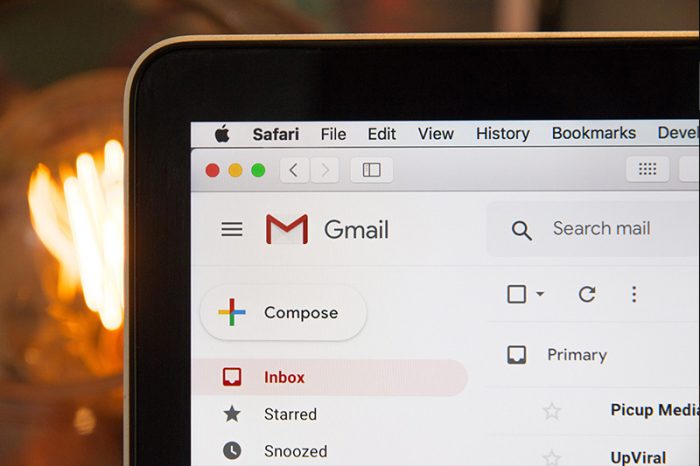| Written by Andrew Grant |
As a child of the 80’s, when I heard the term “digital” it usually had to do with watches, and when I finally got one I thought it was one of the coolest things ever. It was really the only “digital” asset I had.
Now, of course, most of us have “digital assets” we can’t physically touch. We have email, cloud photos, Facebook, or Instagram accounts. All of these are “digital assets” that until recently have been a very uncertain part of people’s estate plans. For example, if spouses shared an email account but only one was listed as the “owner” the surviving spouse could have trouble accessing or changing the email account if the “owner” spouse died. This would be especially problematic if the couple had elected paperless billing so that credit cards or utilities only emailed monthly bills instead of mailing through the post office.
This year Florida joined a growing number of states that enacted laws allowing fiduciaries (personal representatives, trustees, guardians, or an attorney-in-fact under a durable power of attorney) access to a decedent’s or incapacitated person’s online accounts. Under this law, the person named as a fiduciary under a will, trust document, guardianship or durable power of attorney, would have the express legal authority to access online information pertinent to the administration of the estate provided the proper documentation is in place.
Most importantly, the law allows a fiduciary to access online information so that the affairs of a decedent or incapacitated person can be properly managed so that bills can be paid and important online documents can be preserved. To make sure this is possible for your digital assets, you must either use the online tools provided by the companies you deal with or should provide in your estate planning documents that the fiduciary has the right to access your online information. Without that designation, the online company’s standard terms of service will control who can access your account when you can’t.
Generally, the custodian of your online information (the company you have email through, or an account with) must comply with your fiduciary’s requests under the Act. However, the custodian has some discretion in how they respond, whether in disclosing the content of the communication or simply cataloging its existence. The custodian also does not need to disclose information relative to your employment, or information that was not intended to be disclosed, like emails in the trash folder.

Tax Certified Attorney
As our society moves more and more toward storing important information online, in our “digital assets,” it is crucial that we arrange our affairs so that our loved ones are not locked out of the accounts where that information is stored. So if you use email, Facebook, or any of the other multitudes of online information services, it is important that you make sure your estate plan provides for how those assets are managed at your death or incapacity. Please check with your estate planning attorney to make sure your digital assets are covered.
Mr. Andrew Grant is part of the Senior Transition Pro Team as well as an OurSeniors.net Approved Vendors which is a growing network of professionals and business owners who can meet any of the challenges encountered in senior life transition.

